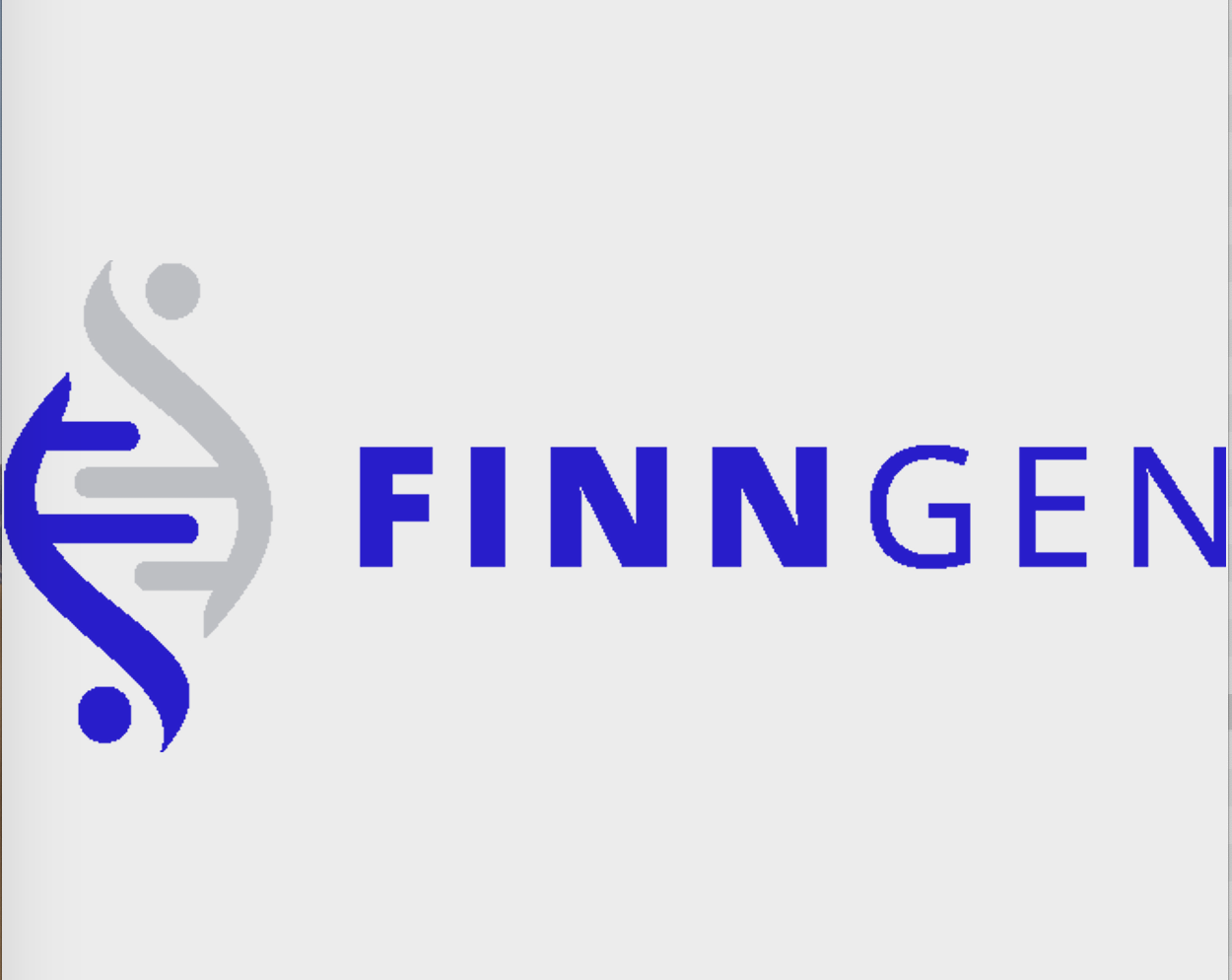The FinnGen Research Project
The FinnGen Research project was launched in Finland in 2017 and is among the very first personalized medicine projects that combines genome information with digital health care data. Professor Aarno Palotie is a Research Director at FIMM and leads the FinnGen study. Palotie’s main focus is to better understand the genetic mechanisms in common diseases. Here, Aarno Palotie debates about the FinnGen study and the status of the project today.

Why Finland?
Palotie elaborates; “There are several reasons for this; Basically, if you look at countries that have biobanks, universal healthcare systems, unique personal identity code and an isolated population (a unique genetic ancestry), there are not many, other than Finland. However, if you leave unique genetic ancestry out of the account, all Scandinavian countries have a long-established public health care system”. Aarno continues; “The pharmaceutical industry and the overall medical community are highly interested in human genetics because high-quality genomic datasets provide tools to speed up the steps from very early basic scientific discoveries to the clinic. This is especially important when we consider the pharmaceutical industry today; even fewer drugs are being approved and the development of novel drugs is costly. So, - the question is, would human genetics help to shorten the drug development process”.
To further elaborate on the above-mentioned advantages, i) medical histories of patient hospitalizations, prescription medications, diagnoses and patient outcomes, and other national health registries have been centrally collected for decades. These data are available for research. Finland has significantly invested in epidemiological research for decades and this has created individual data sets including blood and biospecimens, phenotype data and incident medical data which can be utilized for research thanks to ii) a unique biobank legislation. The Finnish Government invested considerably in the thinking of how Finland could benefit from the healthcare system instead of seeing it only as an expense. A key feature of the Finnish Biobank Law, is to permit a wide consent; participants consent themselves to research within any field of biomedicine and not to specific disease studies or certain medical aspects. This enables biobanks to provide existing samples and new samples for future research not specifically explained to each consenting individual. Also, when it comes to research, the law enables the possibility to collaborate with the industry. The FinnGen project is conducted in collaboration with all the Finnish biobanks. iii) the unique genetic ancestry has caused certain strongly deleterious alleles to be significantly more common than expected, which makes identification of specific genotype-phenotype associations in medical research easier than elsewhere in the World.
The FinnGen project is an academic-pharma partnership including all Finnish biobanks, university hospitals, hospital districts, universities that have a medical faculty, healthcare industry, pharmaceutical companies and the Finnish funding agency for innovation “Business Finland”.
Palotie comments; “The FinnGen project utilizes genetic strategy to understand disease mechanisms. It is a kind of a basic science project and the idea is to produce medical innovation and create collaboration models between public sector and healthcare industry. Since we already have nine pharmaceutical companies and the public healthcare system involved in the FinnGen project, we feel that we have already succeeded in this aspect. Also, the pharmaceutical industry is very excited to participate in the scientific discussions and brainstorming sessions.
What do the pharmaceutical partners gain from being part of the FinnGen project?
The FinnGen project offers the pharmaceutical partners the opportunity to access and work with a unique population health registry data within several major clinical areas, such as cardio-metabolic diseases, neurology and oncology. In addition, the FinnGen project priorities and focuses are directed by a management committee representing both pharma partners and academic researchers. Through a modern and secure cloud, the partners get access to data via a closed sandbox system. Each partner can access the coded individual level data and they can utilize their own analysis methods and perform computational analyses for the project, but they are unable to download or copy the individual medical and genotype data. Another attractive aspect of FinnGen is that industry partners are able to collaborate with top experts in human genetics that are able to provide cutting-edge genetic solutions and expertise within how to use human genetics as biological insight. Lastly, the biobank law ensures that all individuals can be recalled for future approved studies and with a genetically profiled population, this enables the possibility to do prevention trials and risk prediction studies in the future.
Aarno concludes; “Today, ~ 331.000 samples have been collected and all these biobank participants are or will be included in the study. We have data freezes every six months and currently we have a data freeze on 181.000 individuals, meaning we have their genotype data combined with individual health registry data. The healthcare system informs patients about the possibility to give a biobank consent and provide samples. We try to display the FinnGen project as well as possible to the public, so that there is no confusion where participants’ samples will end up. The biobanks are doing a great job in collecting samples and are even ahead of schedule, with more samples then we anticipated. However, the key is also the Finnish people – they indeed want to contribute to science and keeping that willingness and trust is of outmost importance to our project. By 2023, we aim to get 500.000 Finns participating in the FinnGen project, which is roughly 10 % of the Finnish population”.
For more information on the FinnGen Project, visit: www.finngen.fi/en
Learn more about Aarno Palotie and his research at, www.fimm.fi/en/research/groups/palotie